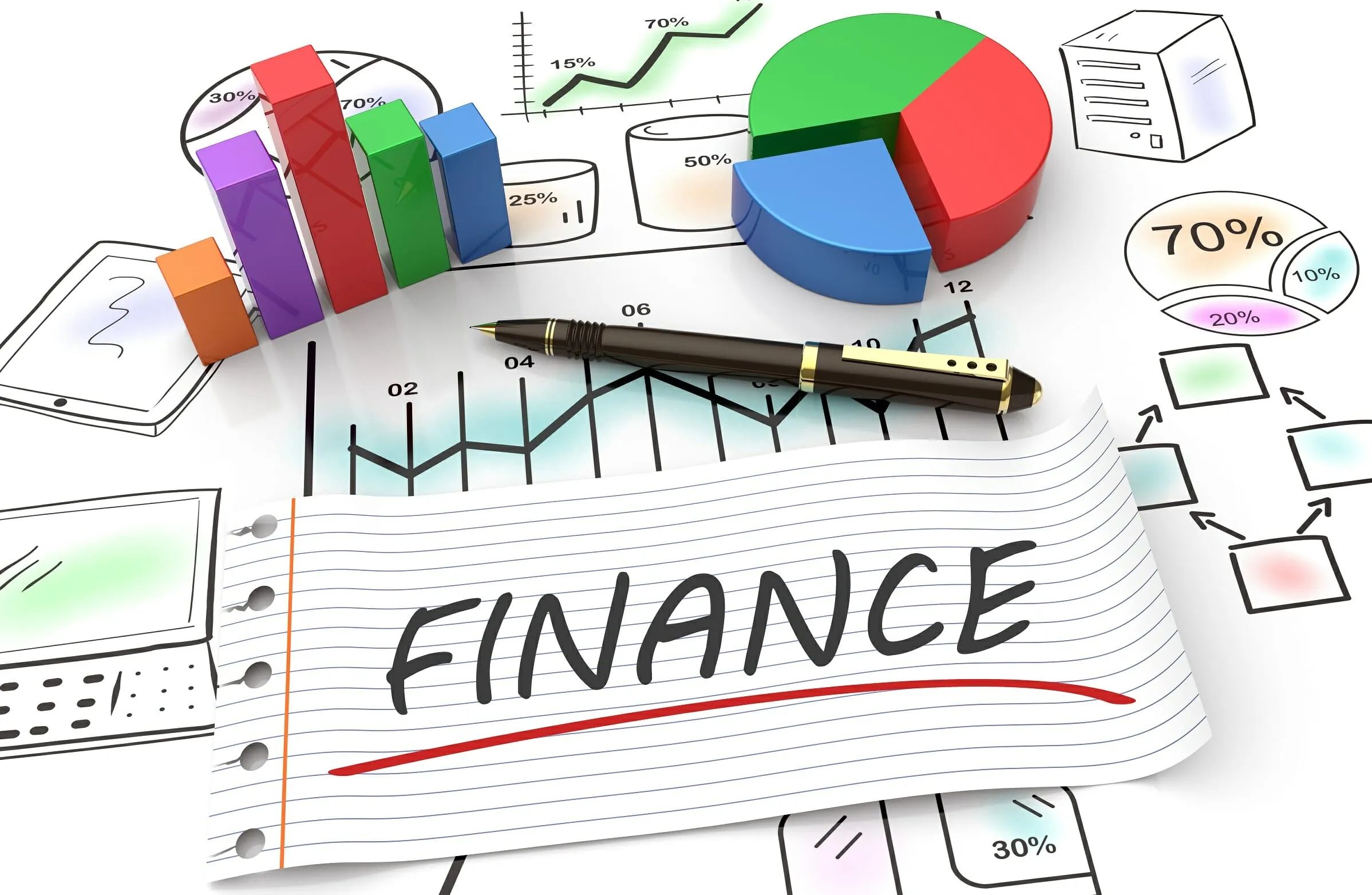Personal Finance in Uncertain Times

Navigating the turbulent waters of economic volatility requires a solid financial strategy, emphasising resilience and adaptability. The unpredictability of markets, fluctuating employment scenarios and the ever-changing global economic landscape can make financial planning seem daunting. However, by adopting a proactive approach to budgeting, saving and investing, individuals can build a financial buffer that not only withstands uncertainty but also positions them for growth. This article delves into strategies for enhancing financial resilience during unpredictable times.
Budgeting: The Cornerstone of Financial Stability
Prioritise Essentials: In times of economic uncertainty, prioritising essential expenses becomes paramount. Housing, utilities, groceries and healthcare should top your budget list. This approach ensures that your most critical needs are covered first, providing a sense of security and stability.
Reduce Non-Essential Spending: Scrutinise your spending habits and identify areas where you can cut back. Luxuries and non-essential expenses can often be minimised or eliminated, freeing up resources that can be redirected towards savings or paying off debt.
Embrace Flexibility: A rigid budget might not be the most effective tool in uncertain times. Instead, develop a flexible budget that can adapt to changing financial circumstances. This might mean allocating a percentage of your income to different categories rather than sticking to fixed dollar amounts.
Saving: Building a Financial Buffer
Emergency Fund: An emergency fund is crucial for financial resilience. Aim to save at least three to six months' worth of living expenses. This fund acts as a financial safety net, helping you navigate unforeseen expenses or periods of unemployment without resorting to high-interest debt.
Save First, Spend Later: Adopt the "pay yourself first" principle. Direct a portion of your income into savings or investments before covering other expenses. Automating this process can help ensure consistency, making saving a seamless part of your financial routine.
High-Yield Savings Accounts: During volatile times, keeping your emergency fund in a high-yield savings account can offer both stability and a modest return. These accounts typically offer higher interest rates than traditional savings accounts, allowing your money to grow more efficiently.
Investing: Navigating Market Volatility
Diversification: Don’t put all your eggs in one basket. Diversifying your investment portfolio across different asset classes (stocks, bonds, real estate, etc.) can help mitigate risk. If one investment performs poorly, another might excel, balancing out your overall portfolio performance.
Long-Term Perspective: It’s important to maintain a long-term perspective when investing, especially during economic downturns. Markets tend to fluctuate in the short term but have historically increased in value over the long term. Avoid making hasty decisions based on short-term market movements.
Dollar-Cost Averaging: This investment strategy involves regularly investing a fixed amount of money, regardless of market conditions. It reduces the risk of investing a large amount in a poorly-timed market. Over time, dollar-cost averaging can lower the average cost of your investments as you buy more shares when prices are low and fewer when prices are high.
Additional Strategies for Financial Resilience
Continual Learning and Adaptation: Stay informed about financial markets and economic indicators. Knowledge is power and understanding the forces that impact your financial well-being can help you make informed decisions.
Reduce Debt: High-interest debt, particularly from credit cards, can quickly erode your financial stability. Focus on paying down debt, starting with the highest interest rates first. In uncertain times, the less debt you have, the more financially secure you'll feel.
Increase Your Income Streams: If possible, look for opportunities to increase your income. This could mean seeking a higher-paying job, starting a side hustle or investing in income-generating assets. Additional income streams can provide a buffer against economic instability.
Building financial resilience in uncertain times is a multi-faceted endeavour, encompassing disciplined budgeting, strategic saving and informed investing. While the landscape of our economy can often feel unpredictable and daunting, the principles of sound personal finance remain steadfast beacons. By prioritising essential expenses, creating a robust emergency fund, diversifying investments and continuously seeking opportunities for financial growth, individuals can navigate economic volatility with confidence.
The journey towards financial resilience is both a marathon and a sprint. It requires the immediate actions of cutting unnecessary expenses and saving diligently, paired with the long-term strategies of investing wisely and cultivating additional income streams. This dual approach not only shields you from the immediate impacts of economic downturns but also prepares you for future prosperity.
Remember, the goal is not just to survive uncertain times but to emerge financially stronger and more resilient. Embrace the challenge of these times as an opportunity to reassess, recalibrate and reinforce your financial practices. With each step taken towards financial stability and growth, you not only safeguard your own future but also contribute to a broader economic resilience. In this way, personal finance in uncertain times becomes not just a strategy for individual security, but a cornerstone of collective strength and stability.



